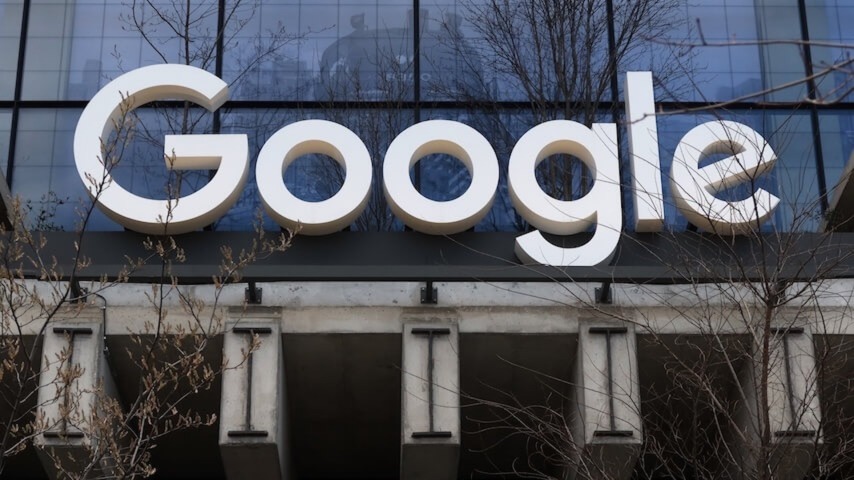The Wall Street Journal reports that PMC filed the lawsuit late Friday night, alleging that the summaries illegally use its reporting and harm traffic. “Siphoning and discouraging user traffic to PMC’s and other publishers’ websites in this manner will have profoundly harmful effects on the overall quality and quantity of the information accessible on the internet,” the complaint reads in part. The lawsuit was filed in Washington, D.C., where the tech giant was previously found to have an illegal monopoly on search traffic. However, the punishment for that was mild, in part because Google actually began to face more competition from AI companies as the suit progressed; the judge wrote in his ruling that AI had “changed the course of this case.”
The AI craze has changed the course of Google and search engines, too, which affects digital media outlets that have long counted on at least some reader traffic from Google. “Search engines now deliver answers instead of links,” said one New Yorker editor in a New York magazine story about the “media’s traffic apocalypse” published in July. That story also highlights the fact that Google now summarizes emails can affect newsletters. Meanwhile, Google has promised that its AI mode, which looks more like a ChatGPT-style conversation than a traditional search engine result, will eventually be “the future of Google Search.” It will also likely result in far fewer link clicks, keeping people on Google longer rather than directing them to other websites.
But all of that AI information still has to come from somewhere, and that’s often the work of journalists. “With every article it publishes on its websites, PMC is forced to provide Google with more training and grounding material for its [AI] systems to generate AI Overviews or refine its models, adding fuel to a fire that threatens PMC’s entire publishing business,” PMC writes in its complaint. Though PMC is the first major news company to fight Google on the issue, it’s hardly the first media or entertainment company to take the issue of AI to court. Disney, Universal, and Warner Bros. Discovery have all filed suit against Midjourney AI, and Anthropic AI agreed to pay at least $1.5 billion to authors earlier this month.









































